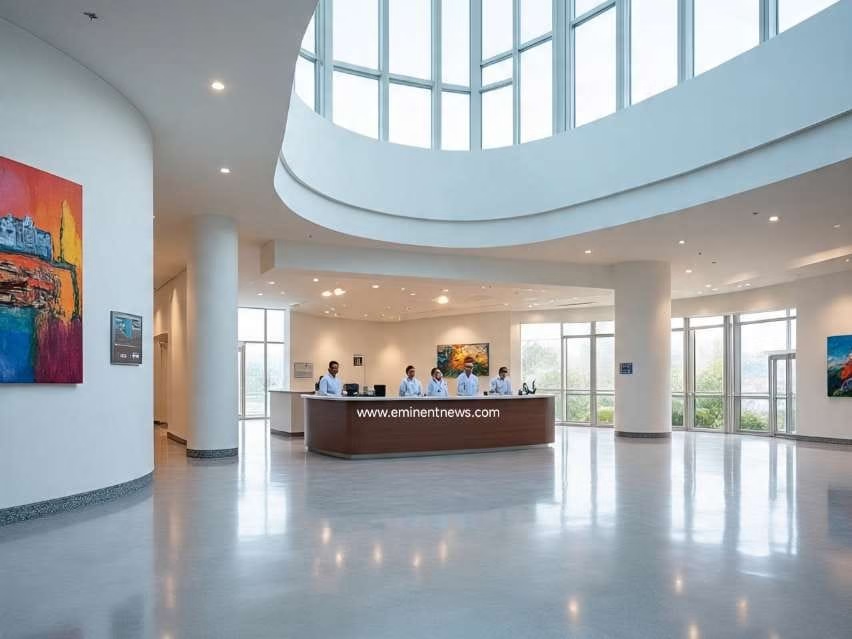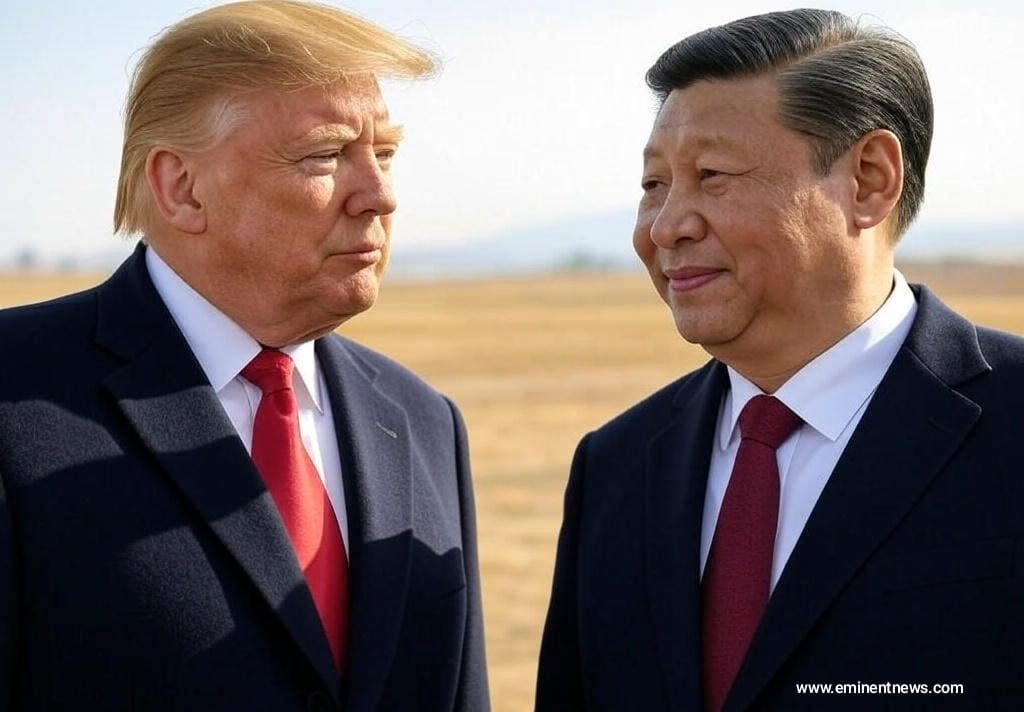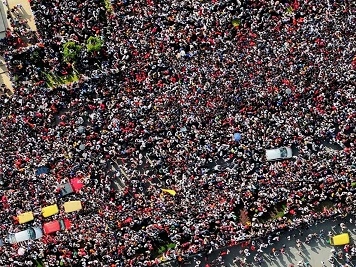Devaluation refers to the deliberate downward adjustment of a country’s currency value relative to another currency, group of currencies, or standard . This is typically done by a government or central bank in a fixed exchange rate regime . It’s important to note that Finance Minister Nirmala Sitharaman has stated that the value of the Indian Rupee is market-determined, implying there has been no devaluation .
Here’s a breakdown of factors related to the Indian Rupee’s value and potential depreciation:
Current Status and Influencing Factors:
- Market-Determined Value: The Indian Rupee’s value is primarily determined by market forces, without a specific target or band set by the government .
- Depreciation: The Rupee has experienced depreciation against the US dollar . In early 2025, it breached the ₹87 per USD mark, marking a significant fall .
- Factors Influencing Exchange Rate: Various domestic and global factors influence the exchange rate of the Rupee, including :
- The movement of the Dollar Index .
- Trends in capital flows .
- The level of interest rates .
- Movement in crude oil prices .
- The current account deficit .
- RBI Intervention: The Reserve Bank of India (RBI) is expected to intervene to limit excessive volatility in the currency market .
- Forecasts: The USD/INR exchange rate is projected to depreciate further to around 88-89 by FY26 amidst global uncertainties .
Impact of Rupee Depreciation:
- Export Competitiveness: Depreciation of the Rupee can enhance export competitiveness, positively impacting the economy .
- Import Costs: On the other hand, depreciation may raise the prices of imported goods .
- Inflation: The overall impact of exchange rate depreciation on domestic prices depends on the extent of the pass-through of international commodity prices to the domestic market .
- Trade Tensions: Global trade tensions and potential reciprocal tariffs from the US could also put pressure on the Indian Rupee .
Devaluation vs. Depreciation:
- Devaluation: A deliberate action by a government or central bank to lower the value of its currency in a fixed exchange rate system .
- Depreciation: A decrease in a currency’s value due to market forces in a floating exchange rate system .
In summary, while the Indian Rupee has been depreciating, the government maintains that its value is market-determined, and there has been no official devaluation . The Rupee’s movement is influenced by a variety of global and domestic economic factors .
What causes the devaluation of a currency ?
Currency devaluation occurs when a country intentionally lowers the value of its currency within a fixed exchange-rate system . Several economic factors and policy decisions can lead to this devaluation .
Key Causes of Currency Devaluation:
- Trade Imbalances: Countries may devalue their currency to correct trade imbalances . Devaluation makes exports cheaper, increasing their demand, and imports more expensive, decreasing their demand . This can reduce trade deficits .
- Boosting Exports: A weaker currency makes a country’s goods and services more affordable for foreign buyers, which can boost export volumes and stimulate economic growth .
- Reducing Debt Burden: Devaluing currency can lower the real cost of interest payments on government debt, especially if the debt is denominated in the domestic currency .
- Productivity: If a country’s productivity declines faster than its money supply, the value of its currency drops .
- Interest Rates: Lowering interest rates can lead to currency depreciation, as it makes the currency less attractive to foreign investors seeking higher returns .
- Political Instability: Political instability, corruption, or economic uncertainty can deter investors, decreasing the demand for the country’s currency and leading to its devaluation .
- Terms of Trade: A decline in a country’s export prices compared to its import prices can lead to a deterioration in its terms of trade and a decrease in the relative value of its currency .
- Government Intervention: Governments and central banks can directly intervene in the foreign exchange market to influence the value of their currency . They use monetary policy tools, such as interest rate adjustments, and foreign exchange interventions, to manage currency value .
- Speculation: Expectations of future devaluation can lead to speculative selling of the currency, putting downward pressure on its value .
- Economic Crisis: Economic crises, such as declining commodity prices or corruption, can lead to devaluation .
- Money Supply: If the money supply grows faster than productivity, each unit of currency represents less exchange value, leading to devaluation .
In summary, currency devaluation is influenced by trade imbalances, export competitiveness, debt management, and various macroeconomic factors, including productivity, interest rates, and political stability …

























